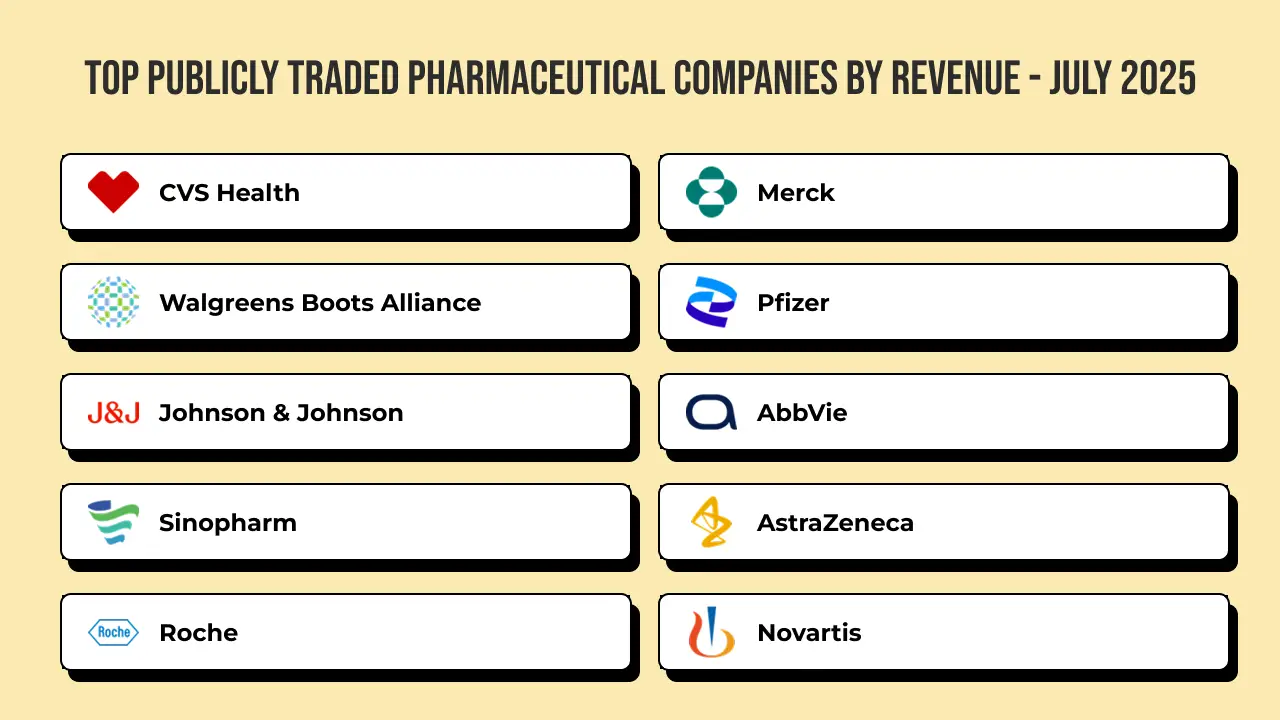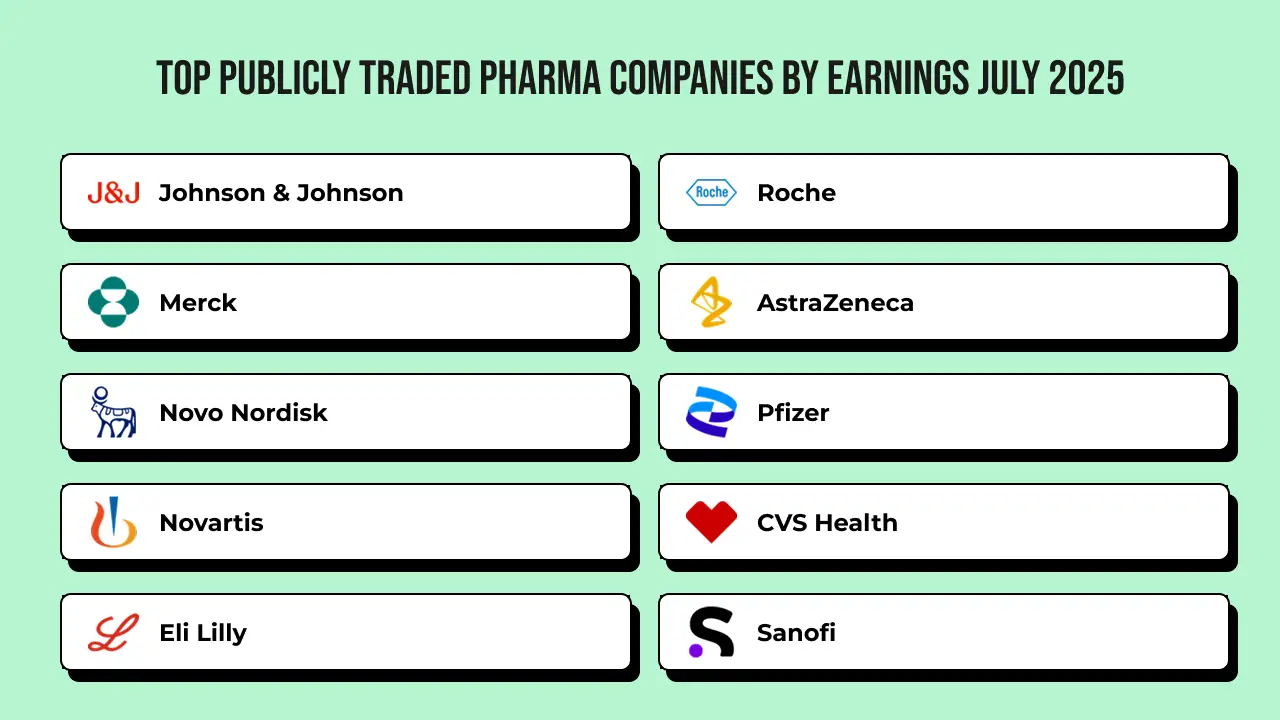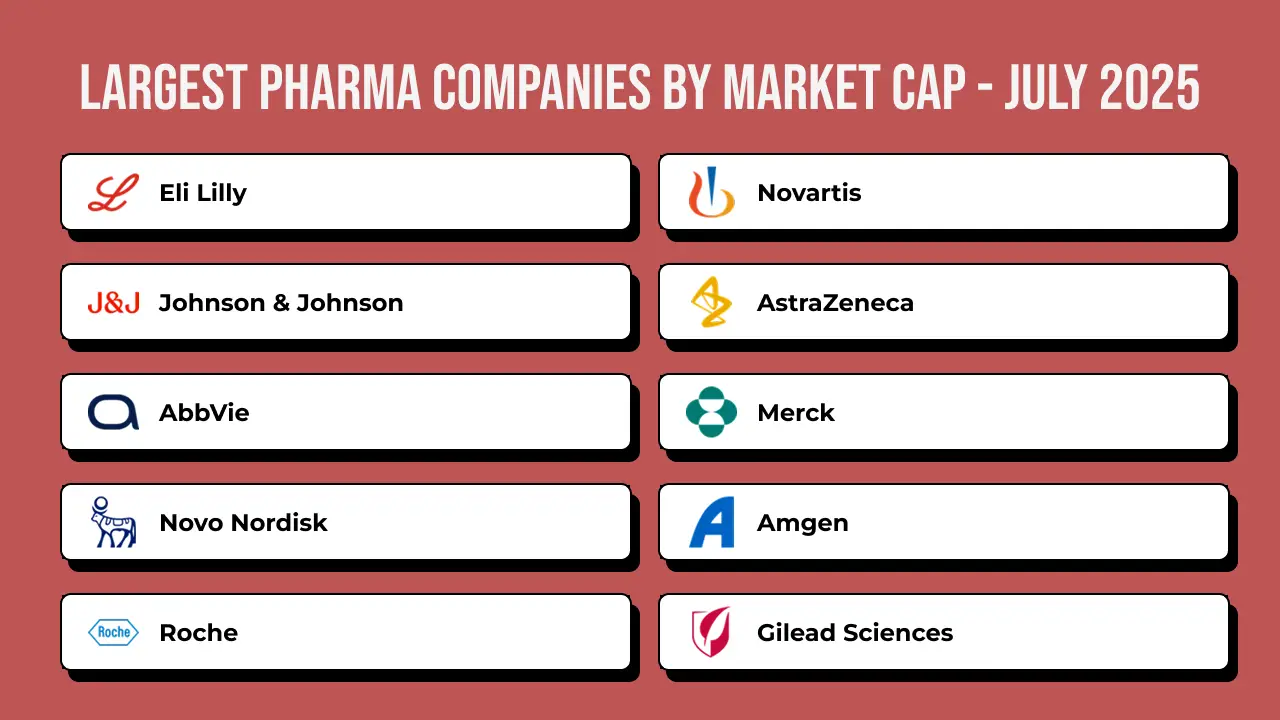I’ve been diving into the dynamic world of the dietary supplements market, and it’s clear this industry is booming. In 2024, the global market was valued at approximately USD 177.5 billion, and projections suggest it will soar to USD 327.6 billion by 2032, growing at a compound annual growth rate (CAGR) of around 8.0%. This growth is fueled by increasing consumer awareness of health and wellness, rising demand for preventive healthcare, and a growing aging population seeking to maintain vitality. The surge in e-commerce platforms has also made these products more accessible, allowing me to explore a vast array of supplements with just a few clicks. Additionally, the rise in chronic diseases and a shift toward personalized nutrition are significant drivers pushing this market forward. It’s fascinating to see how much people are investing in their health, and I can’t help but feel this reflects a broader societal shift toward proactive well-being.
When I looked into the top segments of the dietary supplements market, I found that vitamins, minerals, botanicals, proteins, and omega fatty acids dominate the landscape. Among these, the vitamin segment holds the highest share, accounting for over 30% of the market in 2024. This isn’t surprising to me, as vitamins are often the go-to choice for addressing nutritional gaps, especially for those with busy lifestyles or dietary restrictions. Minerals follow closely, driven by demand for calcium and magnesium to support bone health. Botanicals, like turmeric and ginseng, are gaining traction due to their natural appeal and perceived holistic benefits. Proteins and amino acids are also popular, particularly among fitness enthusiasts, while omega fatty acids are sought after for heart and brain health. The dominance of vitamins reflects their universal appeal, and I’ve noticed how often people, including myself, reach for a daily multivitamin as a health safety net.
The dietary supplements market is shaped by a mix of established giants and innovative newcomers. Major players like Nestlé Health Science, Amway, Pfizer, and Herbalife Nutrition lead the pack, with Nestlé and Amway often topping the charts due to their extensive product portfolios and global reach. These companies invest heavily in research and development to create high-quality, science-backed supplements, which I find reassuring as a consumer. Other notable names include Bayer AG, Glanbia, and Abbott, which focus on specialized products like sports nutrition and medical supplements. Smaller brands are also making waves by offering organic and plant-based options, catering to the growing demand for clean-label products. I’m impressed by how these companies balance innovation with consumer trust, constantly adapting to meet evolving health needs while maintaining rigorous safety standards.
Geographically, the dietary supplements market is thriving in several key regions. North America holds the largest share, with the United States leading due to high consumer spending on health products and a strong fitness culture. I’ve noticed how easy it is to find supplements in every pharmacy and online store here. Europe follows, with countries like Germany and the UK driving demand for natural and organic supplements. The Asia-Pacific region is growing the fastest, particularly in China and India, where rising disposable incomes and health awareness are boosting consumption. Japan also stands out for its focus on anti-aging and beauty supplements. Emerging markets in Latin America, like Brazil, and parts of the Middle East are showing promise as well. It’s exciting to see how global this market is, reflecting diverse cultural attitudes toward health and wellness that I can relate to as someone navigating my own health journey.
The dietary supplements market is buzzing with innovation, and the latest trends are keeping me on my toes. One standout development is the rise of personalized nutrition, where companies use AI and genetic testing to tailor supplements to individual needs—this feels like the future of health to me. Other trends include the surge in plant-based and vegan supplements, reflecting a shift toward sustainability. Probiotics and gut health products are also booming, as I’ve seen more people prioritizing digestive wellness. Additionally, there’s a growing focus on clean-label products free from artificial additives, which aligns with my preference for transparency in what I consume. Innovations like gummy vitamins and effervescent tablets are making supplements more enjoyable, too. These trends show how the industry is adapting to consumer demands, and I’m excited to see where this market heads next as it continues to shape the way we approach health.












